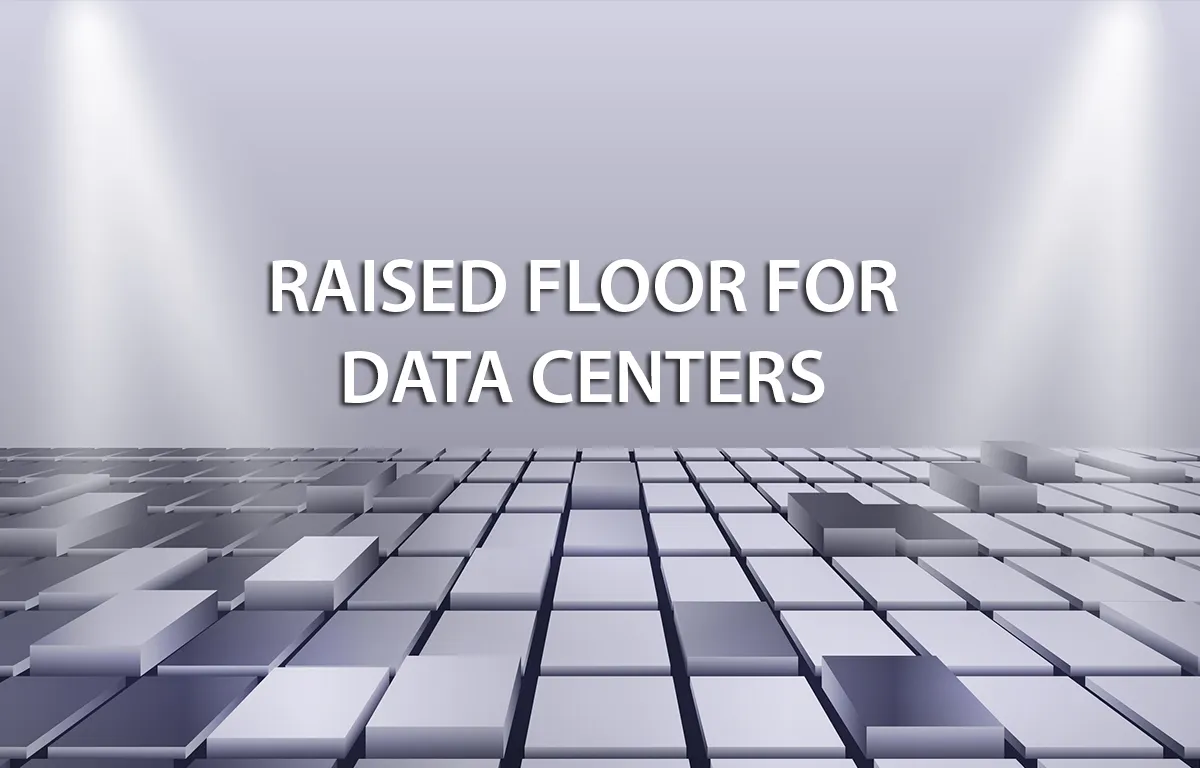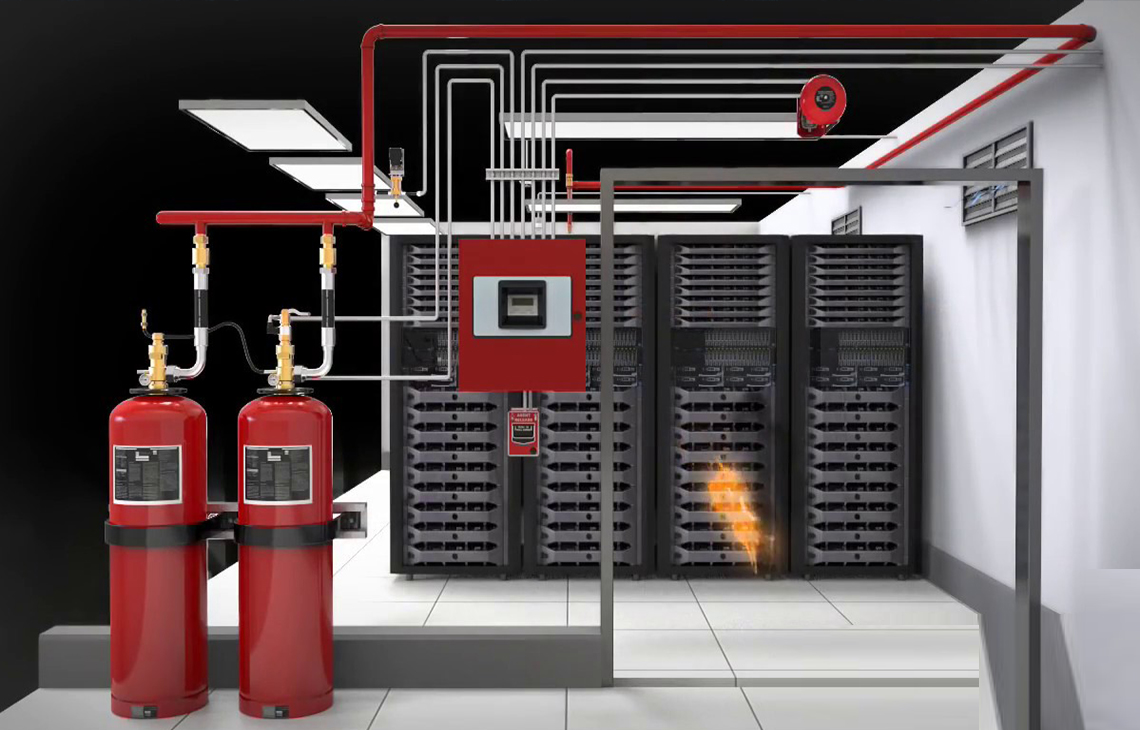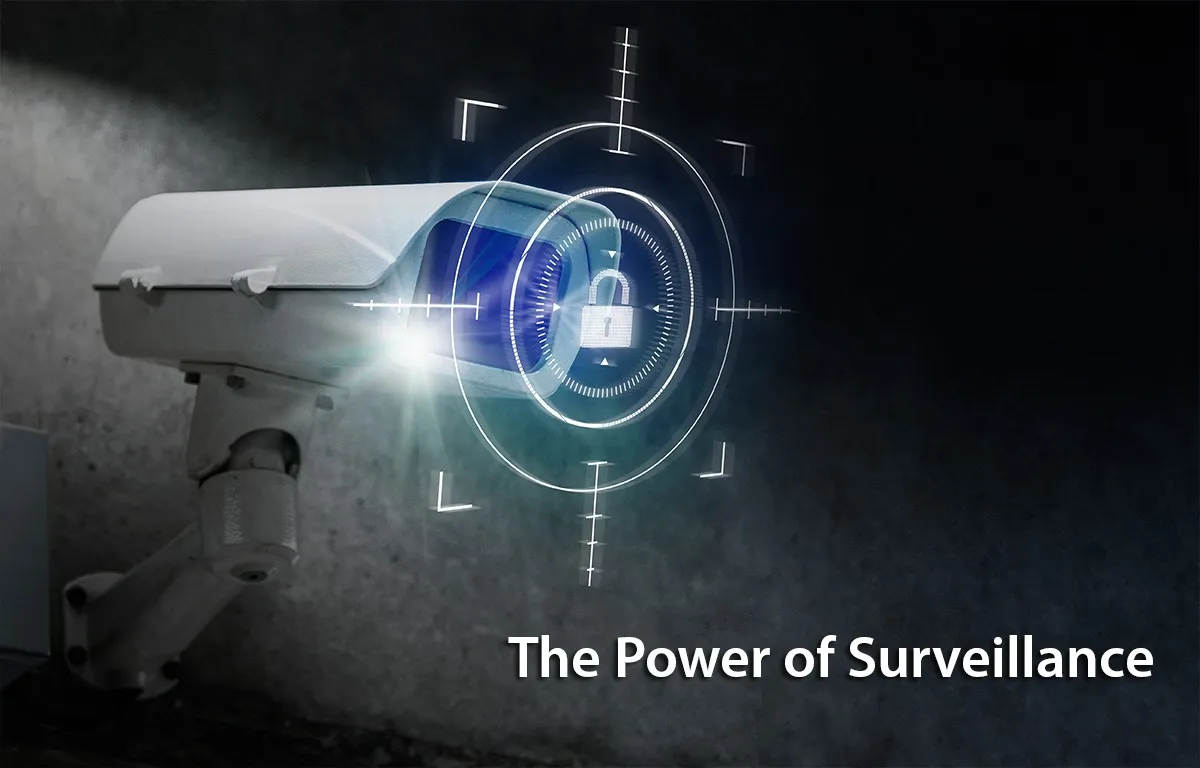I. Raised floor for data centers
Data centers are the backbone of modern-day businesses. They are critical for storing, processing, and managing large amounts of data. With the increasing demand for data processing and storage, data centers are becoming larger and more complex. A critical element of any data center design is the flooring system. The use of raised floors has become a popular choice for data centers due to the various benefits they offer. In this essay, we will discuss the need for raised floors in data centers, the benefits they offer, the different types of raised floors, and why they are important for data center efficiency and effectiveness.
Table of Contents:
I. Introduction
II. The Need for Raised Floors in Data Centers
III. Benefits of Raised Floors
IV. Types of Raised Floors
V. Conclusion
II. The Need for Raised Floors in Data Centers
The primary function of raised floors in data centers is to provide a secure, stable platform for the equipment and servers housed in the facility. The installation of a raised floor creates a void or plenum space between the subfloor and the raised floor. The void is used for air distribution, power, and data cabling. This separation allows for easy access and maintenance to the cabling and equipment, improving the efficiency and reliability of the data center.
Furthermore, raised floors in data centers provide a level of protection against potential water or fire hazards. In case of a fire or water leak, the raised floor will act as a barrier between the subfloor and the equipment. This helps to prevent any damage to the equipment or the building structure.
III. Benefits of Raised Floors
The use of raised floors in data centers offers many benefits, such as:
Improved Airflow: The void created by the raised floor is used for air distribution. This allows for a more controlled and efficient flow of cool air to the servers, which reduces the risk of overheating and downtime.
Easy Access: The void created by the raised floor provides easy access to the cabling and equipment for maintenance and upgrades. This reduces the time and cost associated with maintenance and upgrades.
Improved Cable Management: Raised floors in data centers provide an organized and efficient method of cable management. The cables are concealed and protected within the void, reducing the risk of damage or accidents.
Flexibility: Raised floors offer a flexible and customizable platform for data centers. The size, height, and layout of the raised floor can be tailored to meet the specific requirements of the data center.
Enhanced Security: The raised floor creates a barrier between the subfloor and the equipment, providing an additional layer of security for the data center.
IV. Types of Raised Floors
There are various types of raised floors that can be used in data centers, including:
Wood Core: Wood core raised floors are the most common type of raised floor used in data centers. They are constructed with high-density particleboard, which provides a stable and durable platform for the equipment.
Steel Panel: Steel panel raised floors are designed to provide additional support and load-bearing capacity. They are constructed with a steel base, which provides a more rigid platform than wood core raised floors.
Concrete: Concrete raised floors are the most durable and long-lasting option for data centers. They are constructed with a reinforced concrete slab, which provides excellent support and load-bearing capacity.
V. Conclusion
In conclusion, raised floors are a critical element in the design and construction of modern-day data centers. They provide many benefits, including improved airflow, easy access for maintenance and upgrades, enhanced cable management, flexibility, and enhanced security. The different types of raised floors offer various levels of support and load-bearing capacity, allowing data centers to choose the most suitable option for their specific requirements. By using raised floors, data centers can improve their efficiency,
EJAF technology
EJAF technology is a reputable company based in Iraq that offers reliable security and automation solutions. With a presence in three major cities in the country - Erbil, Baghdad, and Basrah - EJAF technology is well-positioned to serve its clients across Iraq. The company is committed to delivering top-quality services that are both efficient and effective, with a focus on meeting the specific needs of each client. At EJAF technology, the main goals are to provide exceptional service and to be a trusted partner in the success of their clients' businesses







